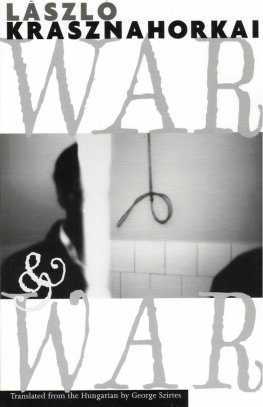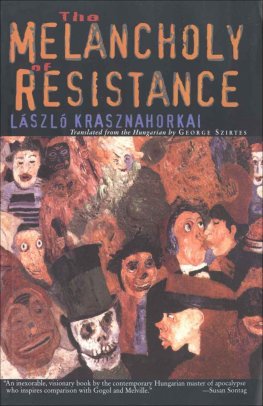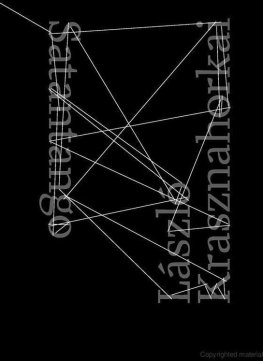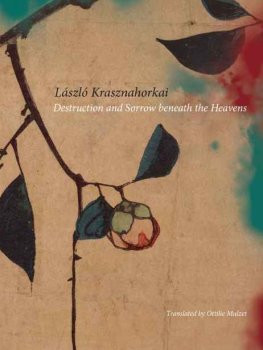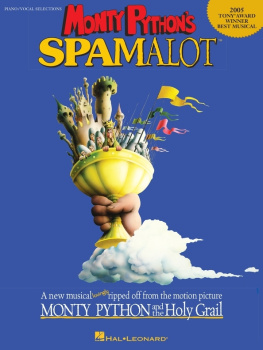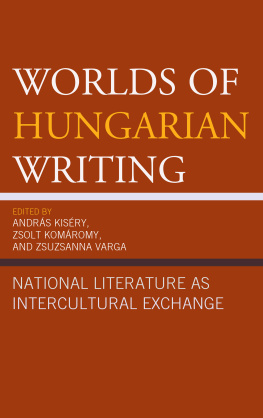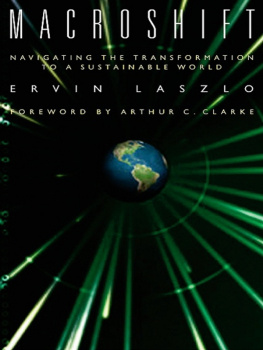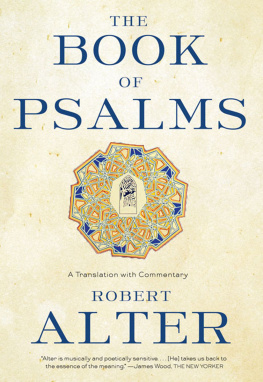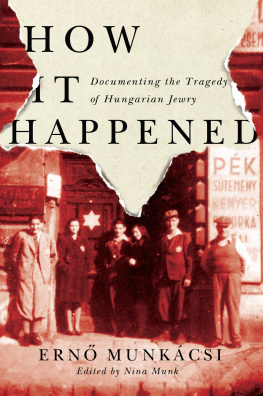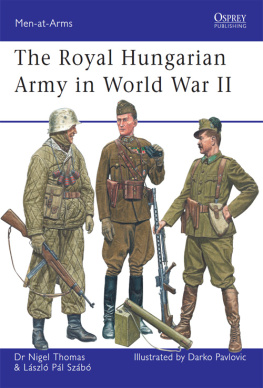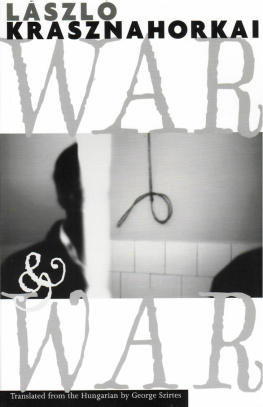Laszlo Krasznahorkai - War & War
Here you can read online Laszlo Krasznahorkai - War & War full text of the book (entire story) in english for free. Download pdf and epub, get meaning, cover and reviews about this ebook. year: 2006, publisher: New Directions, genre: Prose. Description of the work, (preface) as well as reviews are available. Best literature library LitArk.com created for fans of good reading and offers a wide selection of genres:
Romance novel
Science fiction
Adventure
Detective
Science
History
Home and family
Prose
Art
Politics
Computer
Non-fiction
Religion
Business
Children
Humor
Choose a favorite category and find really read worthwhile books. Enjoy immersion in the world of imagination, feel the emotions of the characters or learn something new for yourself, make an fascinating discovery.
- Book:War & War
- Author:
- Publisher:New Directions
- Genre:
- Year:2006
- ISBN:978-0811216098
- Rating:4 / 5
- Favourites:Add to favourites
- Your mark:
- 80
- 1
- 2
- 3
- 4
- 5
War & War: summary, description and annotation
We offer to read an annotation, description, summary or preface (depends on what the author of the book "War & War" wrote himself). If you haven't found the necessary information about the book — write in the comments, we will try to find it.
War & War — read online for free the complete book (whole text) full work
Below is the text of the book, divided by pages. System saving the place of the last page read, allows you to conveniently read the book "War & War" online for free, without having to search again every time where you left off. Put a bookmark, and you can go to the page where you finished reading at any time.
Font size:
Interval:
Bookmark:
Lszl Krasznahorkai
War & War
Heaven is sad.
I LIKE A BURNING HOUSE
I no longer care if I die, said Korin, then, after a long silence, pointed to the nearby flooded quarry: Are those swans?
2.Seven children squatted in a semicircle surrounding him in the middle of the railway footbridge, almost pressing him against the barrier, just as they had done some half an hour earlier when they first attacked him in order to rob him, exactly so in fact, except that by now none of them thought it worthwhile either to attack or to rob him, since it was obvious that, on account of certain unpredictable factors, robbing or attacking him was possible but pointless because he really didnt seem to have anything worth taking, the only thing he did have appearing to be some mysterious burden, the existence of which, gradually, at a certain point in Korins madly rambling monologue which to tell you the truth, as they said, was boring as shitbecame apparent, most acutely apparent in fact, when he started talking about the loss of his head, at which point they did not stand up and leave him babbling like some half-wit, but remained where they were, in the positions they had originally intended to adopt, squatting immobile in a semicircle, because the evening had darkened around them, because the gloom descending silently on them in the industrial twilight numbed them, and because this frozen dumb condition had drawn their most intense attention, not to the figure of Korin which had swum beyond them, but to the one object remaining: the rails below.
3.Nobody asked him to speak, only that he should hand over his money, but he didnt, saying he had none, and carried on speaking, hesitantly at first, then more fluently, and finally continuously and unstoppably, because the eyes of the seven children had plainly scared him, or, as he himself put it, his stomach had turned in fear, and, as he said, once his stomach was gripped by fear he absolutely had to speak, and furthermore, since the fear had not passed after all, how could he know whether they were carrying weapons or not he grew ever more absorbed in his speech, or rather he became ever more absorbed by the idea of telling them everything from beginning to end, of telling someone in any case, because, from the time that he had set out in secret, at the last possible moment, to embark on his great journey as he called it, he had not exchanged a word, not a single word, with anyone, considering it too dangerous, though there were few enough people he could engage in conversation in any case, since he hadnt so far met anybody sufficiently harmless, nobody, at least, of whom he was not wary, because in fact there really was nobody harmless enough, which meant he had to be wary of everyone, because, as he had said at the beginning, whoever it was he set eyes on it was the same thing he saw, a figure, that is, who, directly or indirectly, was in contact with those who pursued him, someone related intimately or distantly, but most certainly related, to those who, according to him, kept tabs on his every move, and it was only the speed of his movements, as he later explained, that kept him at least half a day ahead of them, though these gains were specific to places and occasions: so he had not said a word to anyone, and only did so now because fear drove him, because it was only under the natural pressure of fear that he ventured into these most important areas of his life, venturing deeper and deeper still, offering them ever more profound glimpses of it in order to defeat them, to make them face him so that he might purge his assailants of the tendency to assail, so he should convince all seven of them that someone had not only given himself up to them, but, with his giving, had somehow outflanked them.
4.The air was full of the sharp, nauseous smell of tar that cut through everything, nor did the strong wind help because the wind, that had chilled them through to the bone, merely intensified and whipped the smell up without being able to substitute anything else for it in return, the whole neighborhood for several kilometers being thick with it, but here more than anywhere else, for it emanated directly from the Rkos railway yard, from that still visible point where the rails concentrated and began to fan out, ensuring that air and tar would be indistinguishable, making it very hard to tell what else, apart from soot and smoke, that smell composed of the hundreds and thousands of trains that rumbled through, the filthy sleepers, the rubble and the metallic stench of the rails comprised, and it wouldnt be just these but other, more obscure, almost indiscernible ingredients, ingredients without name, that would certainly have included the weight of human futility ferried here by hundreds and thousands of carriages, the scary and sickening view from the bridge of the power of a million wills bent to a single purpose and, just as certainly, the dreary spirit of desolation and industrial stagnation that had hovered about the place and settled on it decades ago, in all of which Korin was now endeavoring to locate himself, having originally determined simply to cross over to the far side as quickly, silently and inconspicuously as possible in order to escape into what he supposed to be the city center, instead of which he was having, under present circumstances, to pull himself together at a cold and draughty point of the world, and to hang on to whatever incidental detail he could make out, from his eye-level at any rate, whether this was barrier, curb, asphalt or metal, or appeared the most significant, if only so that this footbridge, some hundred meters from the railway yard, might become a passage between the non-existing to the existing section of the world, forming therefore an important early adjunct, as he later put it, to his mad life as a fugitive, a bridge that, had he not been detained, he would have rushed obliviously across.
5.It had begun suddenly, without preamble, without presentiment, preparation or rehearsal, at one specific moment on his forty-fourth birthday, that he was struck, agonizingly and immediately, by the consciousness of it, as suddenly and unexpectedly, he told them, as he was by the appearance of the seven of them here, in the middle of the footbridge, on that day when he was sitting by a river at a spot where he would occasionally sit in any case, this time because he didnt feel like going home to an empty apartment on his birthday, and it really was extremely sudden, the way it struck him that, good heavens, he understood nothing, nothing at all about anything, for Christs sake, nothing at all about the world, which was a most terrifying realization, he said, especially in the way it came to him in all its banality, vulgarity, at a sickeningly ridiculous level, but this was the point, he said, the way that he, at the age of forty-four, had become aware of how utterly stupid he seemed to himself, how empty, how utterly blockheaded he had been in his understanding of the world these last forty-four years, for, as he realized by the river, he had not only misunderstood it, but had not understood anything about anything, the worst part being that for forty-four years he thought he had understood it, while in reality he had failed to do so; and this in fact was the worst thing of all that night of his birthday when he sat alone by the river, the worst because the fact that he now realized that he had not understood it did not mean that he did understand it now, because being aware of his lack of knowledge was not in itself some new form of knowledge for which an older one could be traded in, but one that presented itself as a terrifying puzzle the moment he thought about the world, as he most furiously did that evening, all but torturing himself in the effort to understand it and failing, because the puzzle seemed ever more complex and he had begun to feel that this world-puzzle that he was so desperate to understand, that he was torturing himself trying to understand was really the puzzle of himself and the world at once, that they were in effect one and the same thing, which was the conclusion he had so far reached, and he had not yet given up on it, when, after a couple of days, he noticed that there was something the matter with his head.
Font size:
Interval:
Bookmark:
Similar books «War & War»
Look at similar books to War & War. We have selected literature similar in name and meaning in the hope of providing readers with more options to find new, interesting, not yet read works.
Discussion, reviews of the book War & War and just readers' own opinions. Leave your comments, write what you think about the work, its meaning or the main characters. Specify what exactly you liked and what you didn't like, and why you think so.

